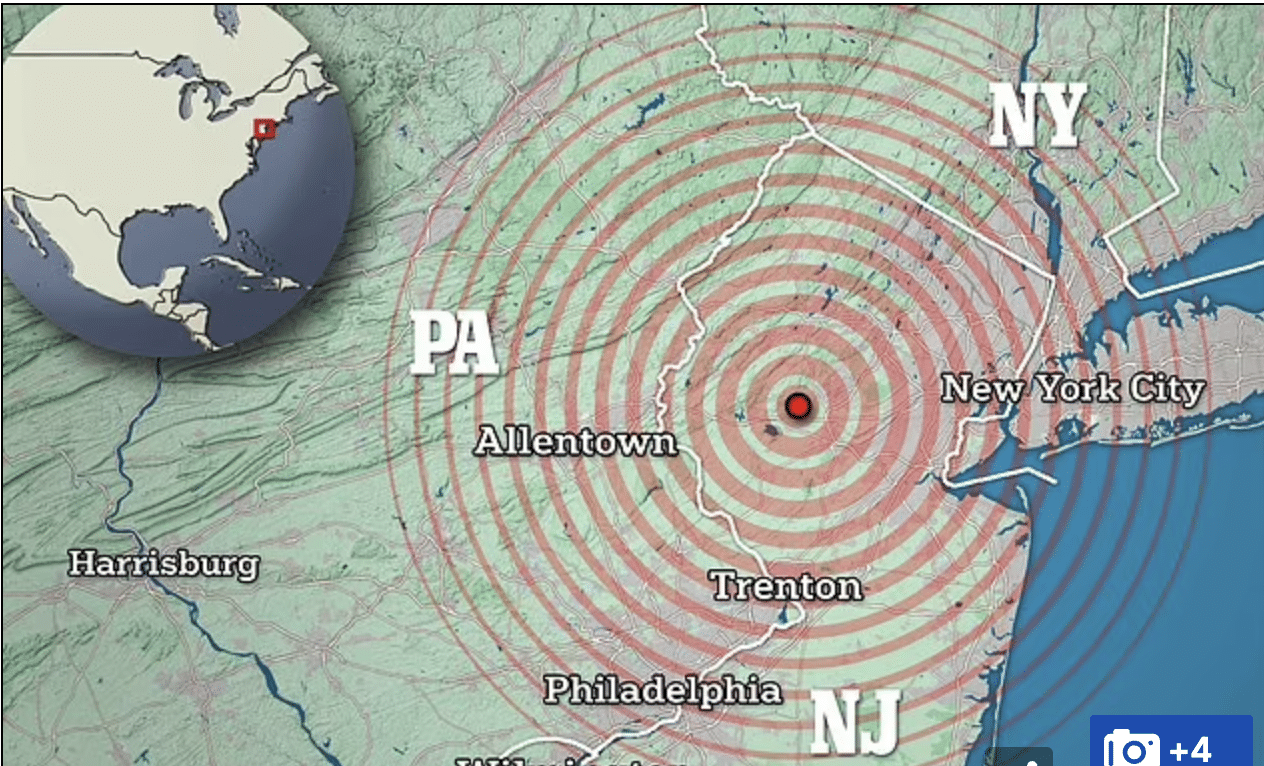U.S. health officials are warning of an increase in rare bacterial illnesses that can lead to meningitis and possible death.
The Centers for Disease Control and Prevention issued an alert to U.S. doctors on Thursday about an increase in cases of one type of invasive meningococcal disease, most of it due to a specific strain of bacteria.
Last year, 422 cases of it were reported in the U.S. — the most in a year since 2014. Already, 143 cases have been reported this year, meaning infections appear to be on track to surpass 2023, the CDC said. Most of the cases last year did not involve meningitis, though at least 17 died.
The cases were disproportionately more common in adults ages 30 to 60, in Black people and in people who have HIV, the CDC said.
Officials told NBC News that the cases last year were detected in 20 states. Departments of health in Texas and Virginia have previously alerted the public about upticks in meningococcal disease.
The bacteria can cause a dangerous brain and spinal cord inflammation called meningitis, with symptoms that may include fever, headache, stiff neck, nausea and vomiting.
The bacteria also can cause a bloodstream infection with symptoms like chills, fatigue, cold hands and feet, rapid breathing, diarrhea, or, in later stages, a dark purple rash that doesn’t fade or turn white when pressed. It can pop up anywhere on the body.
The infection can be treated with antibiotics, but quick treatment is essential. Symptoms of a bloodstream infection can “rapidly worsen,” a CDC official said.
An estimated 10% to 15% of infected people die, and survivors sometimes suffer deafness or amputations. There also are vaccines against meningococcal disease.

















